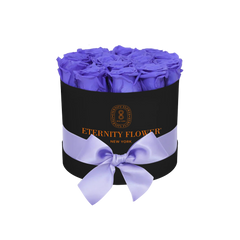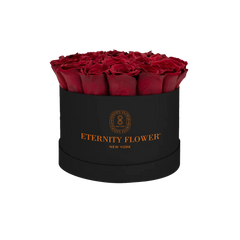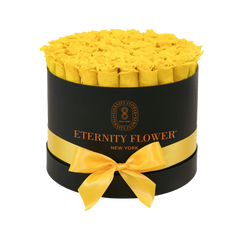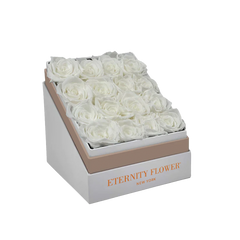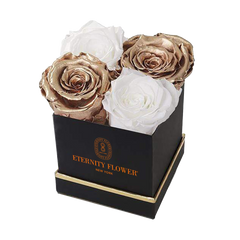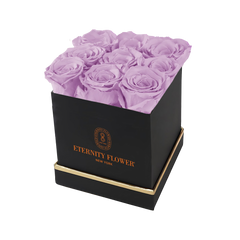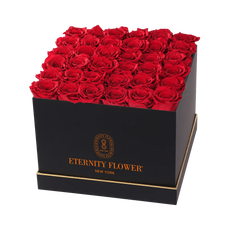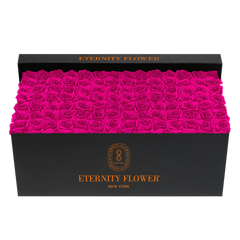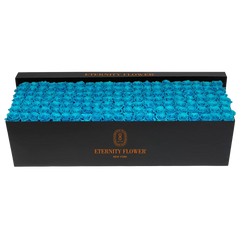When March arrives, it paints the world in vibrant hues, signaling the departure of bleak winter days. This transformation is not just meteorological but also botanical. The birth flowers of March epitomize renewal, hope, and the freshness that Spring promises.
For those fortunate to be born in this rejuvenating month, the flowers associated with their birth are a testament to the beauty and resilience of nature. Dive with us into the verdant world of March birth flowers, as we uncover their beauty, significance, and the secrets they hold.
The Dual Symbols of March

The Daffodil and the Jonquil, both crowning glories of March, often find themselves mentioned in the same breath. While they share many similarities, they stand unique in their own right. Daffodils, characterized by their radiant yellow petals and distinct trumpet-shaped centers, are synonymous with rebirth and fresh starts. Their bright appearance after the barren winter months is akin to nature's very own 'wake-up call'.
Jonquils, though a subset of daffodils, have an identity distinct from their cousins. They are generally smaller and carry a fragrance that's sweet and inviting. Their name derives from the Spanish word 'jonco', indicating the reed-like shape of their leaves. Beyond their physical attributes, they embody feelings of desire, warmth, and affection, making them a favorite amongst poets and romantics.
Read More: Types of Orchids: Exploring Unique Varieties and Species
Embracing Change with Vibrant Hues

The myriad of colors presented by March birth flowers is not just a visual delight but holds profound symbolism. Take the Daffodil, for instance. Its brilliant yellow is not just a reflection of the sun's golden rays but stands as a beacon of happiness, joy, and the optimistic days Spring heralds. It's a color that encapsulates the spirit of the season – lively, hopeful, and vivacious.
On the other hand, Violets, another flower linked to March, present a spectrum of colors, each telling its own tale. Their blue shades are reminiscent of depth and introspection, mauve hints at dreams and the vastness of the imagination, while violet speaks of mystery and the enchantment of the unknown. Together, they weave a tale of watchfulness, steadfast loyalty, and undying faithfulness, echoing the myriad moods of Spring.
Read More: Flowers for Anniversary: Celebrate Love with Beautiful Blooms
Cultivation Tips for Beginners

For green-thumbed enthusiasts keen on inviting March's beauties into their gardens, understanding their needs is paramount. Daffodils are hardy and adaptable. They find comfort in well-draining soil and bask under the sun's generous rays. If you plant their bulbs during the fall, by the time March arrives, your garden would be a tableau of yellow blossoms dancing to the tunes of Spring breezes.
Violets, though delicate in appearance, are resilient. They prefer their world a bit shaded, away from the harsh afternoon sun. Rich, moist soil is to them what ambrosia is to the gods. With regular watering, a bit of mulch to retain moisture, and occasional pruning, these dainty wonders will grace your garden year after year, a testament to nature's enduring charm.
Read More: Flowers for Condolences: Expressing Sympathy and Support
Incorporating March Blooms in Decor

The aesthetic appeal of March birth flowers makes them a decorator's dream. Consider the Daffodil. Its towering presence and sunlit hue make it a natural choice for centerpieces. When arranged in a tall, clear vase, perhaps with a sprig of green or a companion white flower, it can transform the aura of any space, bringing in a splash of Spring indoors.
Violets, with their petite frame, lend themselves to more intricate arrangements. Their subtle colors and gentle demeanor are best showcased in smaller, ornate containers, or even as part of a mixed floral bouquet. Paired with some fragrant herbs or other springtime blossoms, they can infuse any nook or cranny with an understated elegance, making every corner feel like a poetic ode to Spring.
Read More: Yellow Flowers Meaning: Interpreting Flower Colors
Beyond Beauty: Traditional Uses and Symbolism

Historically, March's floral gems have been more than mere decorative elements. Daffodils, revered in many traditions, were often seen as harbingers of luck and prosperity. However, their beauty hides a toxic secret; ingestion can be harmful, a fact that ancient cultures were acutely aware of.
Violets, in stark contrast, were not just admired but also consumed. Their edible nature made them a favorite in salads and as garnishes. Medicinally, they found their way into remedies for headaches, insomnia, and even heartbreak. Their heart-shaped leaves and demure petals, brimming with fragrance, became symbols of love, admiration, and the delicate balance of nature.
Read More: Flower That Represents Love: A Symbolic Journey of Blossoms
Conclusion

March birth flowers, in all their splendor, encapsulate the essence of the month and the season. They remind us of the cyclical beauty of life, of rebirth, growth, and the transient nature of all things beautiful. As Spring unfolds its tapestry, let these flowers be a beacon, leading you to moments of reflection, joy, and boundless appreciation for nature's grandeur.





